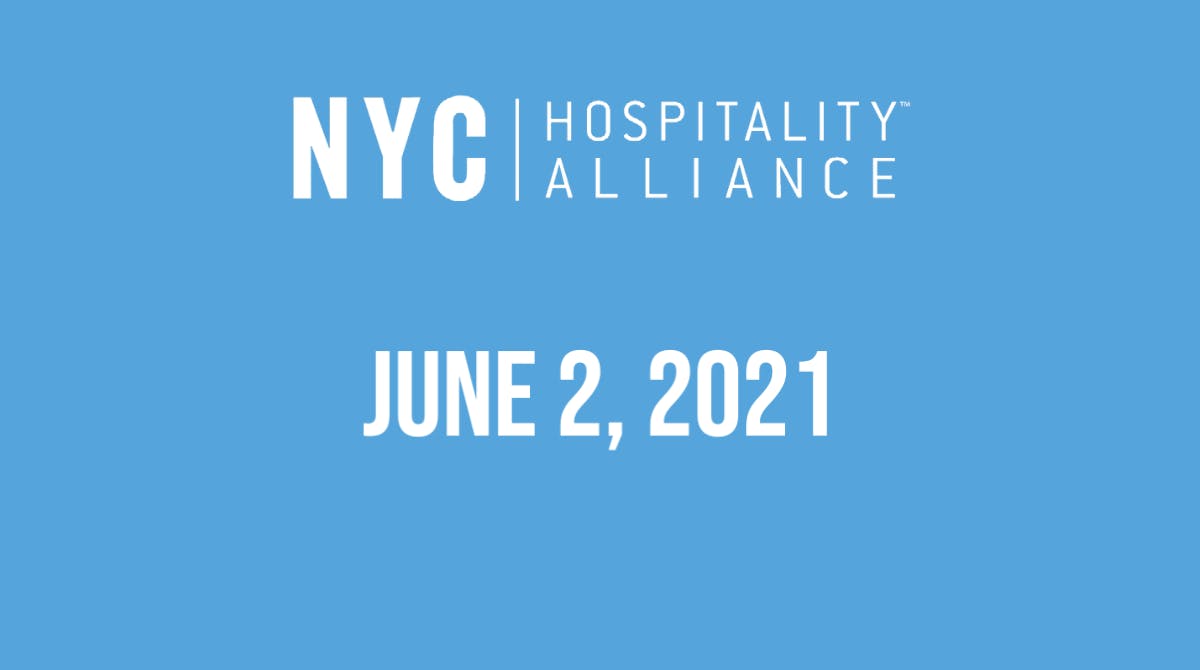New SLA Advisory on Third-Party Providers taking a Percentage of Sales

The Alliance has an update for members on a new advisory being proposed by the State Liquor Authority that would address the issue of so-called third-party providers, like delivery platforms, who take a percentage of a bar or restaurant's sales.
Over a year ago, SLA announced that it was considering issuing an industry advisory that would regulate the ability of third-party providers - such as delivery platforms - to take a percentage of the F&B sales of bars and restaurants that hold liquor licenses. At that time, SLA had issued a draft of the proposed advisory, and held a public hearing to take comments. At the hearing, it was made clear that the Alcoholic Beverage Control Law does not permit a liquor licensee to share a percentage of any sales from its business – food or beverage – with any person or entity that is not listed on the license. It was discussed that the only well-established exception to the rule was for landlords who charge percentage rent up to 10% of gross sales, an exception going back to the Great Depression. After the hearing, SLA announced that before issuing a final advisory, it would consider the issue further.
This rule against sharing in sales on a percentage basis comports with longstanding SLA practice. Yet for years, predatory big tech delivery platforms have been forcing liquor licensees into "take it or leave it" contracts in which the platforms take an ever-increasing percentage of F&B sales - sometimes as high as 30%.
With the pandemic receding, SLA has renewed its focus on this issue by issuing a new draft of its proposed advisory. The NYC Hospitality Alliance has grave concerns with this latest draft.
- Instead of preserving the limited and historic exception for landlords who charge percentage rent, the proposed advisory creates an entire new category of exceptions to the law that allows predatory delivery platforms to take a significant percentage of bar and restaurant sales.
- It creates a new set of rules that places new paperwork and reporting requirements squarely on the shoulders of bar and restaurant owners, and threatens enforcement action for failure to comply with those new rules, even though the information or data necessary to comply is controlled by the delivery platforms.
- It opens a loophole that would allow delivery platforms to take an unlimited portion of sales by ignoring mandatory fees charged by some delivery platforms in addition to the percentage fee.
- It offers a one-size-fits-all policy that treats all third-party providers the same, without recognizing that there is an important difference between some benign third-party providers (such as consultants or marketing firms that may take a percentage) versus the predatory delivery platforms that exercise significant control over bars and restaurants in a multitude of ways, who will now be able to share a significant percentage of sales without real limitations.
From "take it or leave it" contracts, to ownership of your customer data, to influencing marketing and pricing decisions, to creating ghost websites and phone numbers, to collecting and controlling your own funds from your own sales before remitting them to you (minus their fees), delivery platforms exercise significant and increasing control over bars and restaurants. Yet the proposed advisory only contains general language about their influence being prohibited without detailing any specific prohibited practices such as the above examples. Can they share in your revenue while controlling your customer data, for example? The draft does not answer that basic question.
Any deviation from longstanding policy requires careful consideration to ensure that the policy is sound, and follows the requirements of the ABC Law. Our members are on the frontlines of any unintended consequences caused by the new policies and procedures proposed in this draft advisory. SLA has an obligation to protect its licensees from predatory third parties, not make it easier for them to feed off the hard work of small business bar and restaurant owners. This issue is too big and important to adopt without additional thorough and open public hearings on the latest draft. Since the last (and only) public hearing over a year ago, the draft has significantly changed, and so have the issues facing our industry. Adoption of a final advisory should be adjourned until such further discussions and open hearings can be held in a post-pandemic environment.
There is no reason to rush.
We encourage you to read the full text of the draft advisory here.
